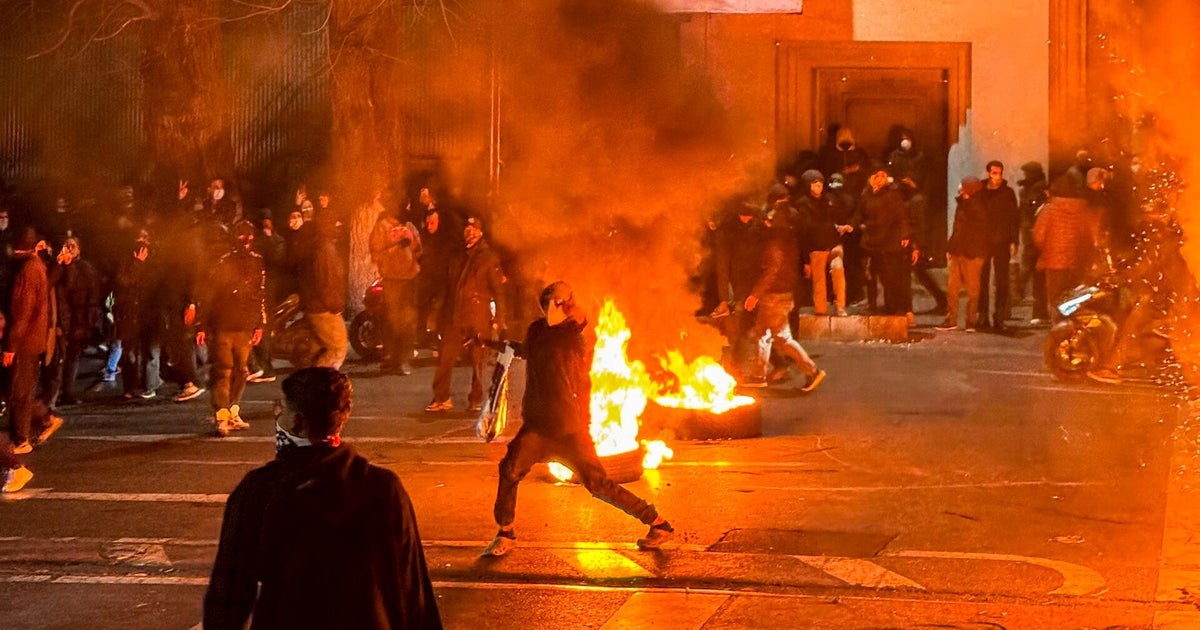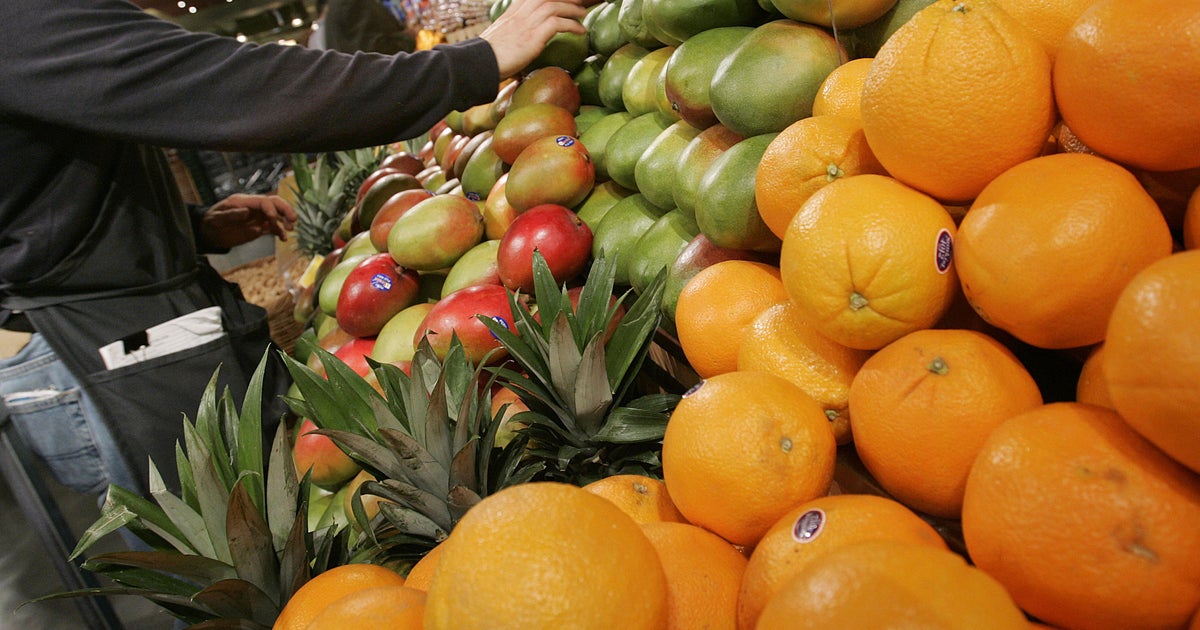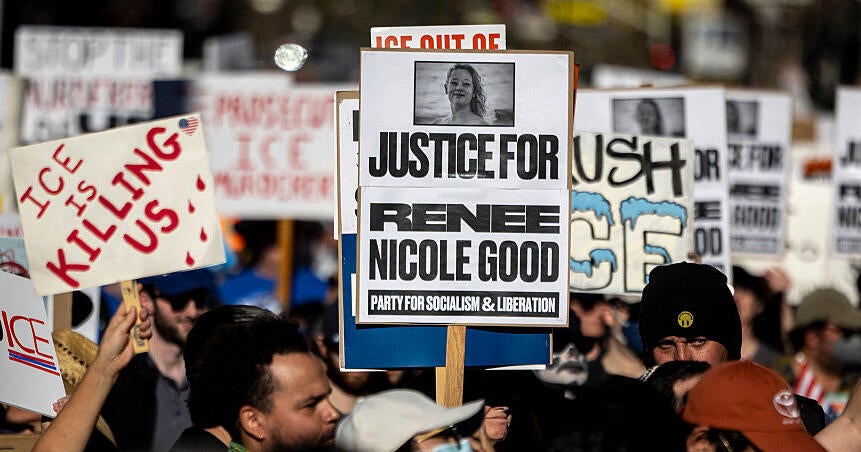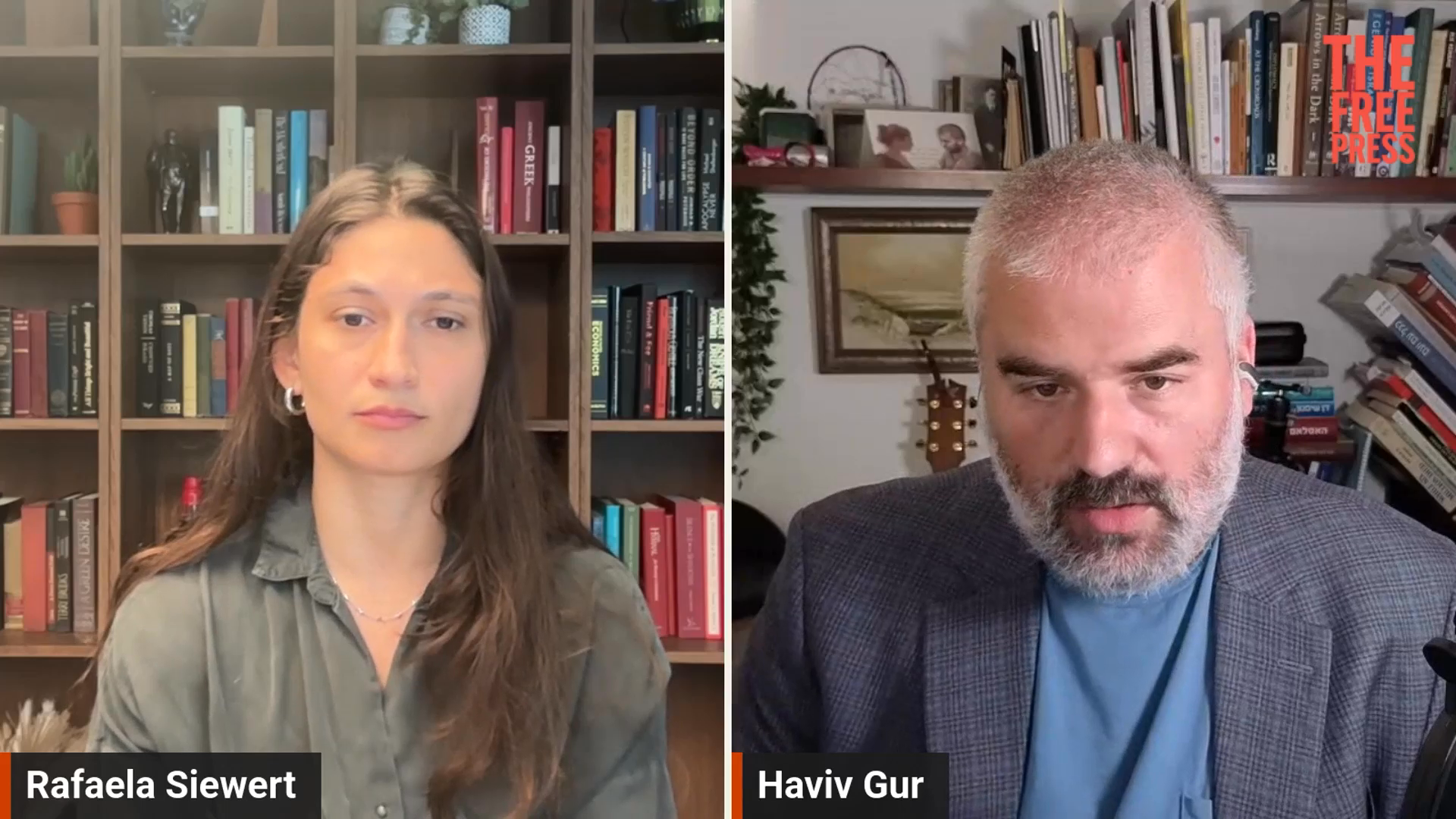Indian PM Modi backs down in year-long protest standoff with farmers: Controversial agricultural laws will be repealed
New Delhi — Indian Prime Minister Narendra Modi announced suddenly on Friday that his government would repeal three controversial farm laws that have seen hundreds of thousands of farmers stage year-long protests in the country. The government had refused to budge for months, insisting the three laws passed by the parliament in September last year would help deregulate the country's agriculture sector by allowing farmers to sell their produce directly to private players at a market price.
The farmers argued that the new laws would only benefit large corporations, however, and expose the millions of small-share farmers to a much greater risk of exploitation.
Several rounds of talks between the government and farmers failed to resolve the crisis, which has been among the most serious challenges to Modi's administration. The premier announced the change in tack during a live TV address to the nation, which was announced at the last minute on Friday morning.
He insisted the laws were meant to benefit the farmers and blamed the backlash on his government's failure to explain how the deregulation would work.
"While apologizing to the nation, I want to say with a sincere and pure heart that maybe something was lacking in our dedication that we could not explain the truth," Modi said. "But despite several attempts to explain the benefits to the farmers, we have failed… The government has decided to repeal the three farm laws."
Farmers and advocacy groups backing them celebrated the government's U-turn as a huge victory after a long standoff, but opposition politicians said important elections looming in the heavily-agricultural provinces of Punjab and Uttar Pradesh, where most of the protesting farmers came from, were really behind Modi's about-face.
"What cannot be achieved by democratic protests can be achieved by the fear of impending elections!" said Palaniappan Chidambaram, a senior member of the opposition Indian National Congress party and a former finance minister of India, in a tweet. Modi's announcement, he said, was "not inspired by a change of policy or a change of heart. It is impelled by fear of elections!"
"The country's farmers have defeated arrogance with their struggle," said Rahul Gandhi, the Congress party leader.
Leaders of the farmers' groups vowed that the protests would continue until the government completely repeals the laws during the upcoming winter session of parliament, but the jubilation wouldn't wait. Indian TV channels showed farmers celebrating across the country.
Thousands of farmers have camped around the borders of the capital city of New Delhi since last November, and major protests have been held in other states, too, including Punjab, Haryana, and Uttar Pradesh – all major agricultural regions.
The protests continued through a deadly second wave of coronavirus infections in the country over the summer.
Over the course of the year, dozens of farmers died at the makeshift camps due to exposure to the summer heat, the winter cold, and COVID-19.
While the protests remained largely peaceful, hundreds of people were injured in a few violent clashes between the farmers and police. Celebrities, including singer Rihanna and climate activist Greta Thunberg, spoke out in support of the farmers over the year.
India's agriculture sector makes up almost 15% of its $2.9 trillion economy, but it has suffered a downturn in recent years amid outdated laws and climate change-fueled droughts and flooding. The circumstances have pushed thousands of debt-ridden farmers to suicide. More than 10,000 Indian farmers died by suicide in 2019 alone, according to government data.







